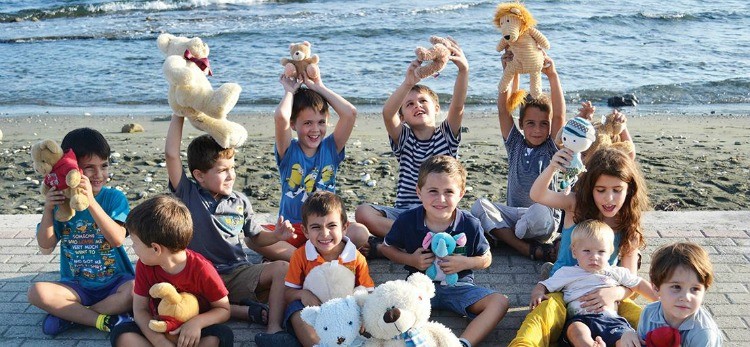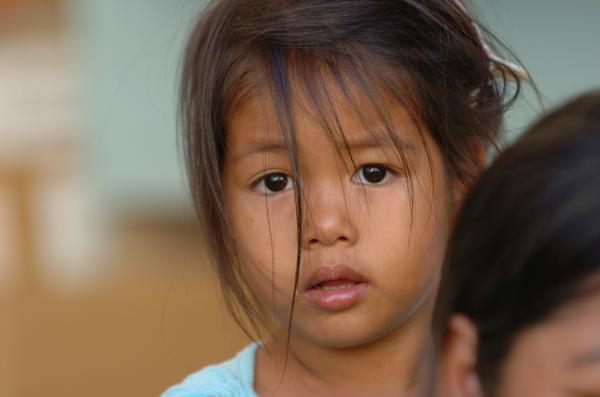A charity walk on November 15 hopes to help refugee children. Involving children from all over Cyprus, the event is receiving enthusiastic feedback and support.
Founded by a group of young Limassol mothers, the initiative ‘Bearfoot children helping children’, a sponsored walk by children with their teddy bears which will then be donated to refugee children, seems set to leave footprints of the most positive kind.
The image of a little Syrian boy who had drowned during his family’s attempt to flee war seen by the world in early September shocked many people and inspired numerous initiatives to help.
One group of young Limassol mothers also felt compelled to ‘do something’, but also wanted to involve their children to make them understand just how fortunate they are to live comfortable and sheltered lives.
The women are of various nationalities, and are connected to each other through their children.
From their very first small meeting at one mother’s house it had become evident that this was going to develop into something big – and it did.
The walk
The 1km walk will take place on November 15 with the participation of children from all over Cyprus.
They will bring along one of their own teddy bears to take part in the walk to then be donated to refugee children in Cyprus and Greece. The children are asked to find sponsors for their walk and will receive a certificate for their participation.
They will leave at 11am from the Beachside Pedestrian Pathway near PlusSea Lifestyle Bar and finish at St Raphael Resort where an after-party will be organised for the participants and the general public, with children’s activities, free entertainment, a raffle with generously-donated prizes and stalls.
“The great interest and support by so many have been truly inspiring,” says Sarah, one of the initiative’s core members. “We set a goal of raising €25,000 which we are now set to surpass.”
Sponsors coming from all walks of life, businesses small and large and individuals have all stepped forward to help; the main sponsor is the Grammar School Limassol, gold sponsors are David Steps – Kickers, The English School and ÖL Shipping Group.
Thanks to the power of social media and the varied backgrounds of the organisers’ families, individuals outside of Cyprus, including a marathon runner in Athens, a group in India and a young teenager in England, are arranging to do smaller walks in their countries to raise money.
All information concerning the event has been put out in Greek and English ,turning the walk into a sign of solidarity across the island.
The organisers hope that the very positive feedback and support of the idea of involving and educating children from an early age to become socially responsible citizens will be carried forward after the event.
The contributions
It was important for the Bearfoot initiative to choose a worthwhile children’s charity that was registered, transparent and helping refugee children. All of the money raised will be given to the international non-profit organisation Save the Children and their Child Refugee Crisis Appeal.
The organisation has been working with refugee children for almost a century.
This year alone, over 95,000 children have arrived in Europe, nearly 10% of them without any family.
“No child should be left behind – thank you to all those who are working hard on the Bearfoot – Teddy Bear Walk and are donating their money and time. You are all showing such generosity and eagerness to support child refugees,” says Save the Children spokesperson Helena Wiltshire.
Donations can be made via www.justgiving.com/bearfootchildren. To register an e-mail should be sent to bearfootchildren@gmail.com.








